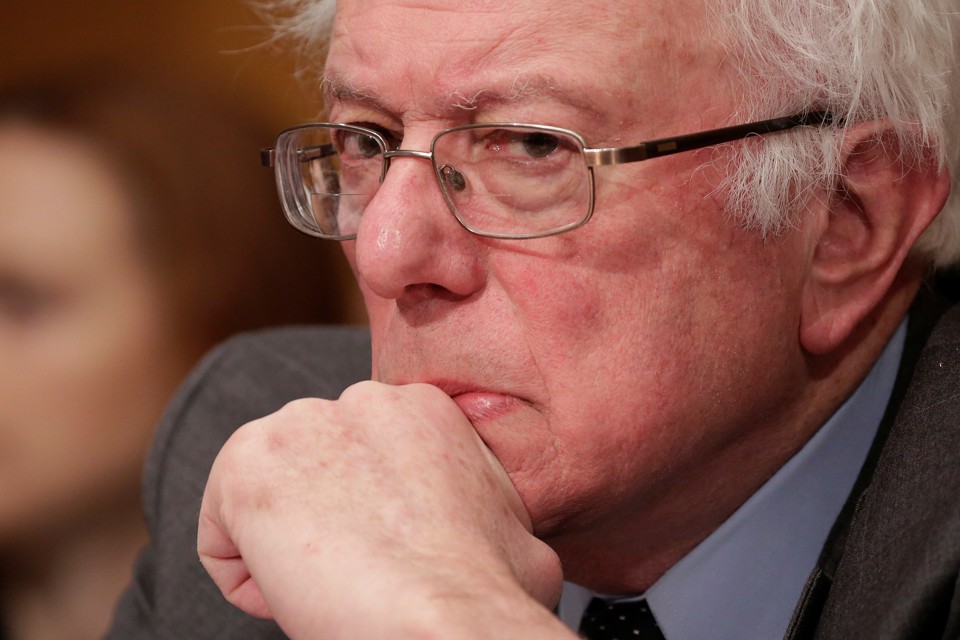
“Access” kept coming up as the Georgia Republican answered questions from the Senate Finance Committee at his confirmation hearing Tuesday. Senator Ron Wyden asked Price if people would be worse off under the executive order Trump penned right after his inauguration, which instructs agencies to “minimize the unwarranted economic and regulatory burdens of the [Affordable Care Act].” Wyden is asking, essentially, if Price would stop enforcing Obamacare, and if so, if people would suffer.
Price had this to say: “What I want I commit to, Senator, is working with you and every single member of Congress to make certain we have the highest quality health care and that every single American has access to affordable coverage.”
Price’s emphasis on “access” strikes at a key difference between the Affordable Care Act’s approach to health insurance and that of the Republican Obamacare replacement proposals.
Obamacare is somewhat top-down: You don’t just have access, you are guaranteedhealth insurance, and you face a penalty if you don’t take the government up on it. A lot of people resent this and consider it “socialized medicine,” but what Democrats are aiming for is “universal coverage”—everyone is covered, no matter who they are or how much money they have. That’s a big change from before Obamacare, when people could be categorically denied health insurance for a number of reasons. Republicans, meanwhile, have started advocating for a middle path, something they call “universal access.” Under their plans, not everyone would have health insurance, and indeed, Americans wouldn’t be mandated to carry it. But health coverage would also cease being a basic staple, it would be more like a bespoke thing that everyone, in theory, has the right to buy.
Most of the GOP plans advocate for paring back the types of conditions insurers must cover, and not all of them preclude insurers from charging sick customers more. Several prominent conservative lawmakers have proposed block-granting Medicaid—giving states a set amount of Medicaid money to work with—which many think would make the program less generous and less likely to cover as many people. Finally, the plans advocate for the expansion of health-savings accounts, which give people “access” to medical services—but only if they saved up money first.
The “access” phrase represents Republicans’ interest in making health insurance more consumer-driven, and it’s a concept they extend to other domains of health. Their plans encourage people to select the types of coverage they want, while Obamacare is a standard package of benefits. You can see this in Price’s answer to a question about the contraceptive mandate in Obamacare, which allows women to get birth control without a copay and charges all consumers for the benefit. “The system that we ought to have in place is one that allows women to be able topurchase the kind of contraception they desire,” Price said. (Emphasis mine.)
Of course, not everyone can afford birth control, and Democrats have spent Price’s hearings attacking him for the disparity between the wealthy and poor they fear will emerge under a “universal access” scheme. In one particularly memorable moment from last week’s hearing, Senator Bernie Sanders brought down the full weight of his democratic-socialist rage on Price’s mention of “access.”
“Has access to’ does not mean that they are guaranteed health care,” Sanders said. “I have access to buying a $10 million home. I don’t have the money to do that.”
[Source:-The Atlantic]

